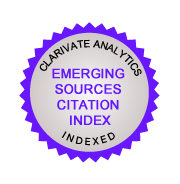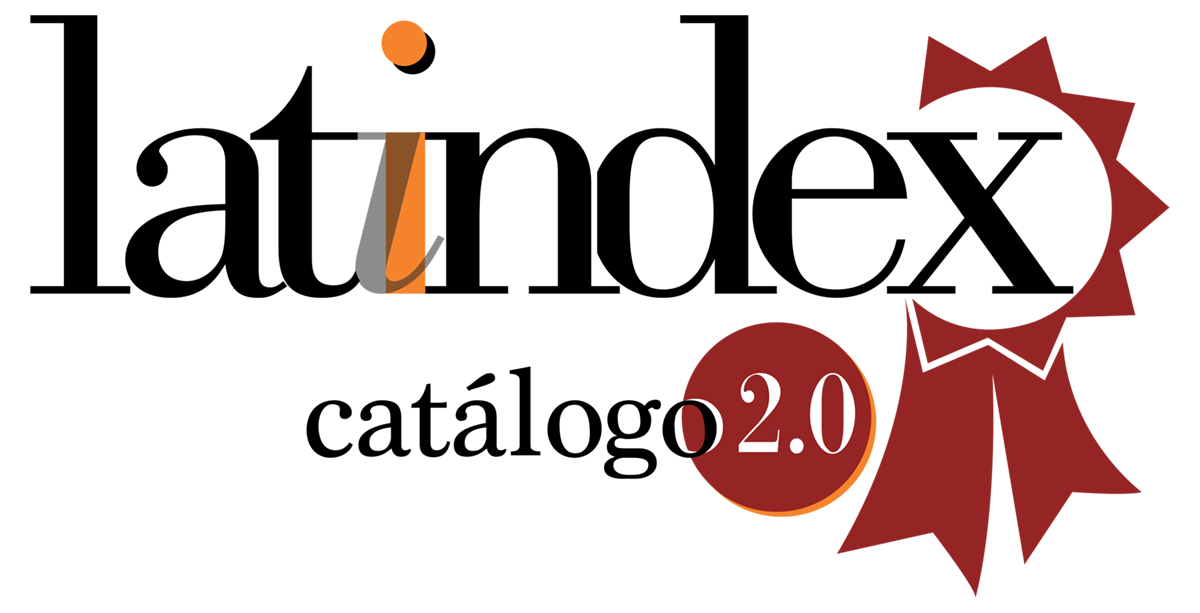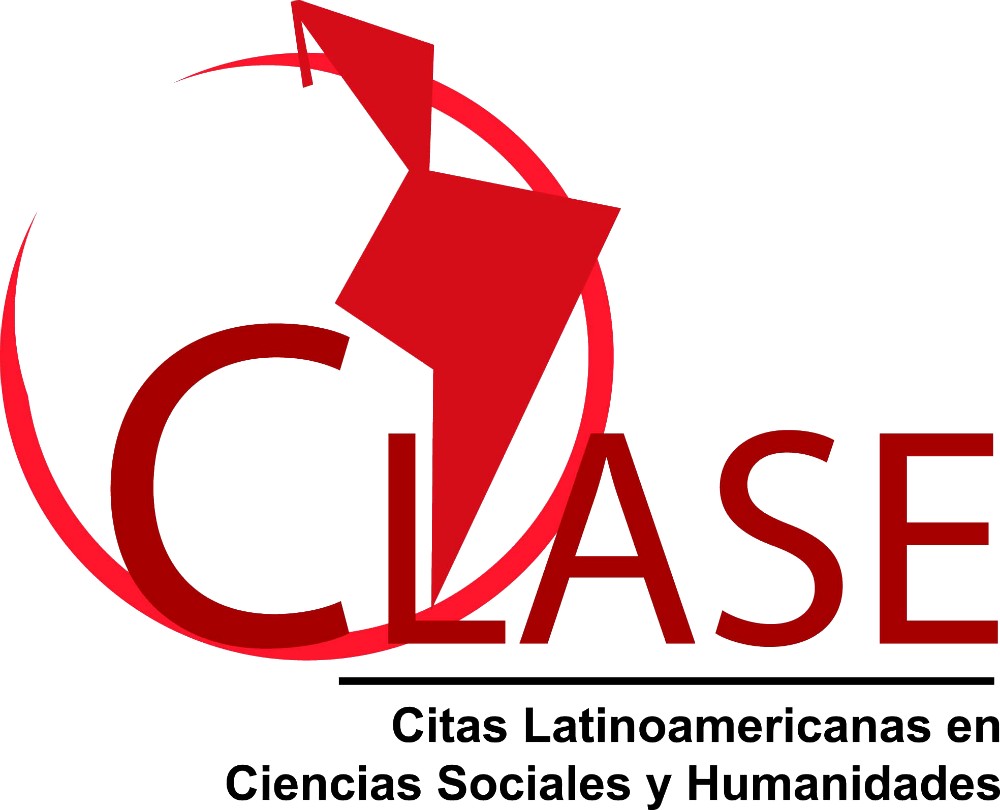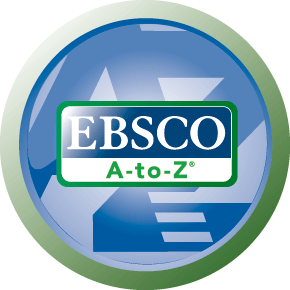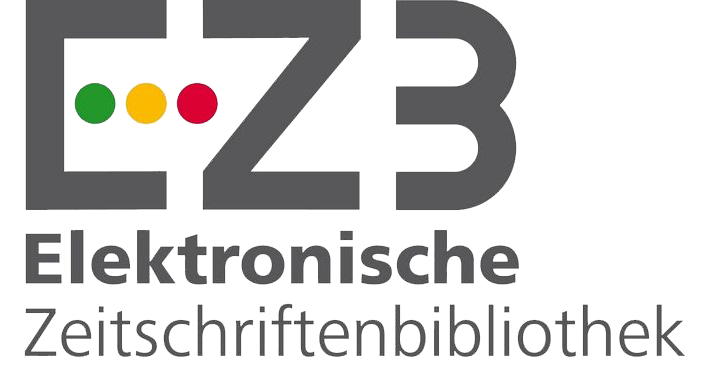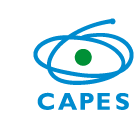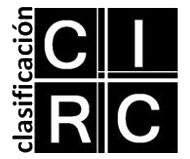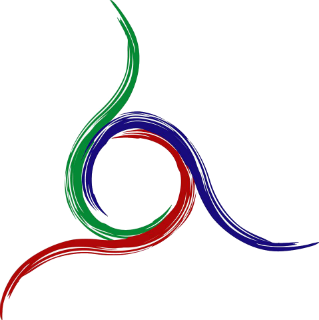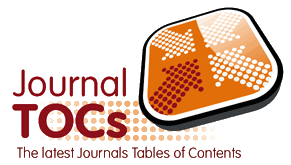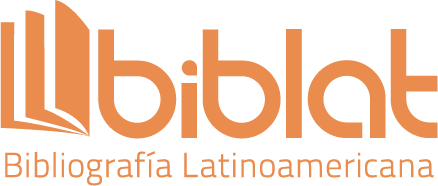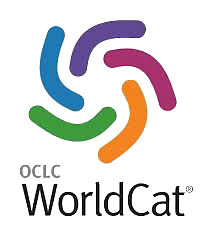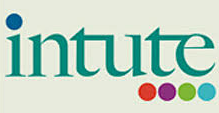The Spanish media landscape and blogs specialized in R+D+i
DOI:
https://doi.org/10.24215/16696581e254Keywords:
España, science, technology, blogs, disseminationAbstract
In the last decade in Spain, according to the Survey of Social Perception of Science and Technology, society increased its interest in scientific and technological information. In this context, in a first part we explore the Spanish media landscape to identify by the media (press, radio, television and Internet) some of the main initiatives through which the media is committed to teaching literacy to the public not specialized in Research, Development and Innovation (R+D+i) and increase its scientific and technological culture. In a second part, we explore the Spanish blogosphere specialized in scientific and technological dissemination.
Downloads
References
Berganza, M.R (2005). Periodismo Especializado. Pamplona, España: Ediciones Internacionales Universitarias.
Calvo, M. (1992). Periodismo científico. Madrid, España: Editorial Paraninfo.
Esteve Ramírez, F. y Nieto Hernández, J.C. (2014). Nuevos retos del periodismo especializado. Madrid, España: Schedas.
Falk J. H. y Dierking, I. D. (2010). The 95 per cent solution. American Scientist. Recuperado de http://www.americanscientist.org/issues/feature/2010/6/the-95-percent-solution
Fernández del Moral, J. (1993). Fundamentos de la información periodística especializada. Madrid, España: Síntesis.
Fernández Hermana, L. A (2000). Información: universo en expansión o agujero negro. En Comunicar la ciencia en el siglo XXI: I Congreso sobre Comunicación Social de la Ciencia (pp. 185-192). Granada, España: Parque de las Ciencias.
Fundación Española para la Ciencia y la Tecnología (2017). IX Encuesta de Percepción Social de la Ciencia y la Tecnología. Madrid, España: FECYT. Recuperado de https://www.fecyt.es/es/noticia/principales-resultados-de-la-encuesta-de-percepcion-social-de-la-ciencia-2018
López García, X. y Otero López, M. (2007). Bitácoras: la consolidación del ciudadano. A Coruña, España: Netbiblo.
López Vila, C (1989). La especialización en el periodismo. Periodistas, 27, 6-13.
Méndez, E. (2007). La ciencia como noticia: estrategias discursivas y textuales. La clonación terapéutica. En
Delgado Cobos, I. & Puigvert Pcal, A. (Eds), Exadmiratione et atmicia: homenaje a Ramón Santiago. Madrid, España: Ediciones el Orto.
Orive, P. y Fagoaga, C. (1974). La especialización en el periodismo. Madrid, España: Dossat.
Orihuela, J.L. (2006). La revolución de los blogs. Cuando las bitácoras se convirtieron en el medio de comunicación de la gente. Madrid, España: La Esfera de los Libros.
Downloads
Published
How to Cite
Issue
Section
License
La aceptación de un original por parte de la revista implica la cesión no exclusiva de los derechos patrimoniales de los/as autores/as en favor del editor, quien permite la reutilización, luego de su edición (postprint), bajo una Licencia Creative Commons Atribución-NoComercial-CompartirIgual 4.0 Internacional (CC BY-NC-SA 4.0)
Acorde a estos términos, el material se puede compartir (copiar y redistribuir en cualquier medio o formato) y adaptar (remezclar, transformar y crear a partir del material otra obra), siempre que a) se cite la autoría y la fuente original de su publicación (revista y URL de la obra), b) no se use para fines comerciales y c) se mantengan los mismos términos de la licencia.
La cesión de derechos no exclusivos implica que luego de su edición (postprint) en Question las/os autoras/es pueden publicar su trabajo en cualquier idioma, medio y formato; en tales casos, se solicita que se consigne que el material fue publicado originalmente en esta revista.
Tal cesión supone, también, la autorización de los/as autores/as para que el trabajo sea cosechado por SEDICI, el repositorio institucional de la Universidad Nacional de La Plata, y sea difundido en las bases de datos que el equipo editorial considere adecuadas para incrementar la visibilidad de la publicación y de sus autores/as.
Asimismo, la revista incentiva a las/os autoras/es para que luego de su publicación en Question depositen sus producciones en otros repositorios institucionales y temáticos, bajo el principio de que ofrecer a la sociedad la producción científica y académica sin restricciones contribuye a un mayor intercambio del conocimiento global.






